Artificial Intelligence (AI) is rapidly transforming the way we live, work and interact with the world. From self-driving cars to intelligent personal assistants, AI technology is revolutionizing various industries, including healthcare, finance, and education. In this article, we will explore the top AI technology innovations that you need to know about.
1. Natural Language Processing (NLP)
Natural Language Processing (NLP) is a branch of AI that enables machines to understand, interpret and generate human language. It involves the use of algorithms and statistical models to analyze and recognize speech patterns and text. Some of the applications of NLP include chatbots, voice assistants, and language translation services. With NLP, machines can understand the context and intent behind human language, making communication between humans and machines more seamless and natural.
 Source: bing.com
Source: bing.com2. Computer Vision
Computer Vision is an AI technology that enables machines to interpret and understand visual information from the world around them. It involves the use of deep learning algorithms and neural networks to analyze images and videos. Some of the applications of computer vision include facial recognition, object detection, and self-driving cars. With computer vision, machines can perceive and understand visual information, leading to more intelligent and automated systems.
 Source: bing.com
Source: bing.com3. Autonomous Systems
Autonomous systems are AI-powered machines that can operate and make decisions without human intervention. They are used in various industries, including transportation, agriculture, and manufacturing. Autonomous systems use sensors, machine learning algorithms and decision-making systems to navigate and operate in their environment. With autonomous systems, machines can perform tasks more efficiently and accurately, leading to increased productivity and safety.
 Source: bing.com
Source: bing.com4. Predictive Analytics
Predictive analytics is an AI technology that enables machines to predict future events or outcomes based on historical data. It involves the use of machine learning algorithms and data mining techniques to analyze large datasets and identify patterns and trends. Some of the applications of predictive analytics include fraud detection, risk assessment, and demand forecasting. With predictive analytics, businesses can make more informed decisions and anticipate future trends.
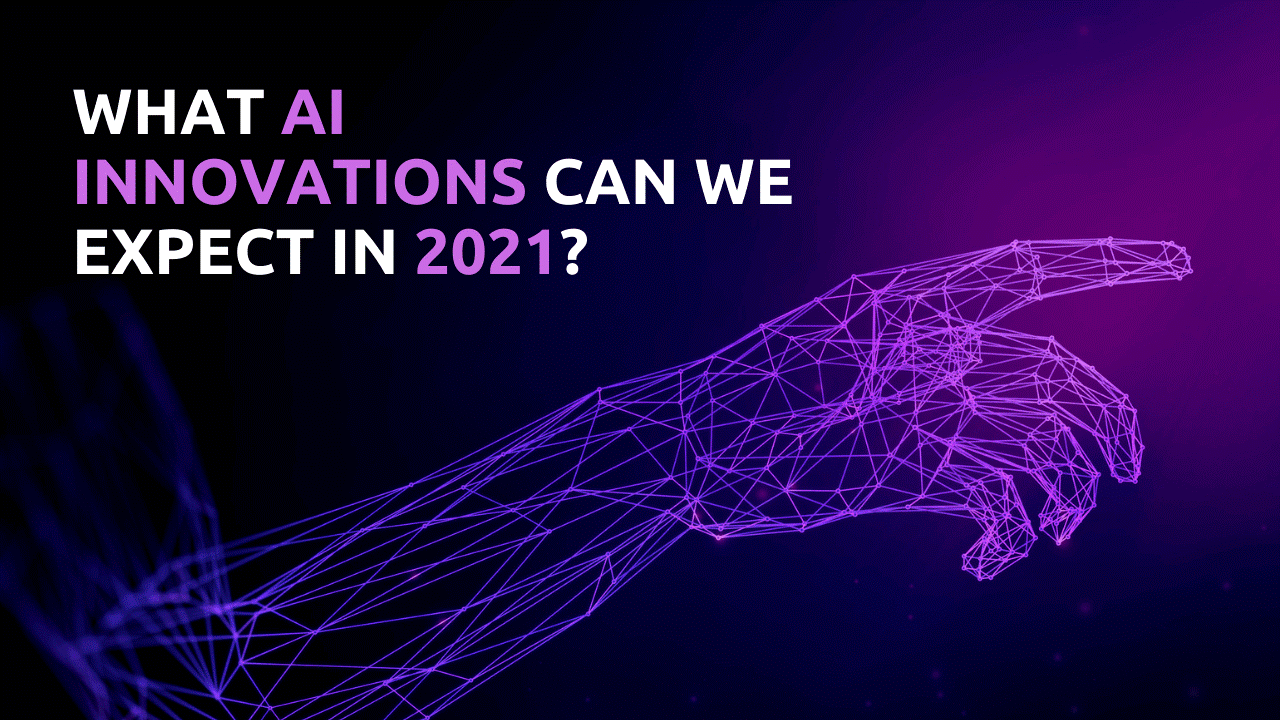 Source: bing.com
Source: bing.com5. Robotic Process Automation (RPA)
Robotic Process Automation (RPA) is an AI technology that automates repetitive and rule-based tasks. It involves the use of software robots to perform tasks such as data entry, processing invoices, and customer service. RPA can improve efficiency and accuracy, reduce costs, and free up employees to focus on more complex tasks. With RPA, businesses can streamline their operations and improve customer satisfaction.
 Source: bing.com
Source: bing.com6. Personalization
Personalization is an AI technology that enables machines to customize experiences and recommendations based on individual preferences and behavior. It involves the use of machine learning algorithms and data analysis to understand customer behavior and tailor products and services accordingly. Personalization can improve customer satisfaction, increase engagement, and drive sales. With personalization, businesses can create more meaningful and relevant experiences for their customers.
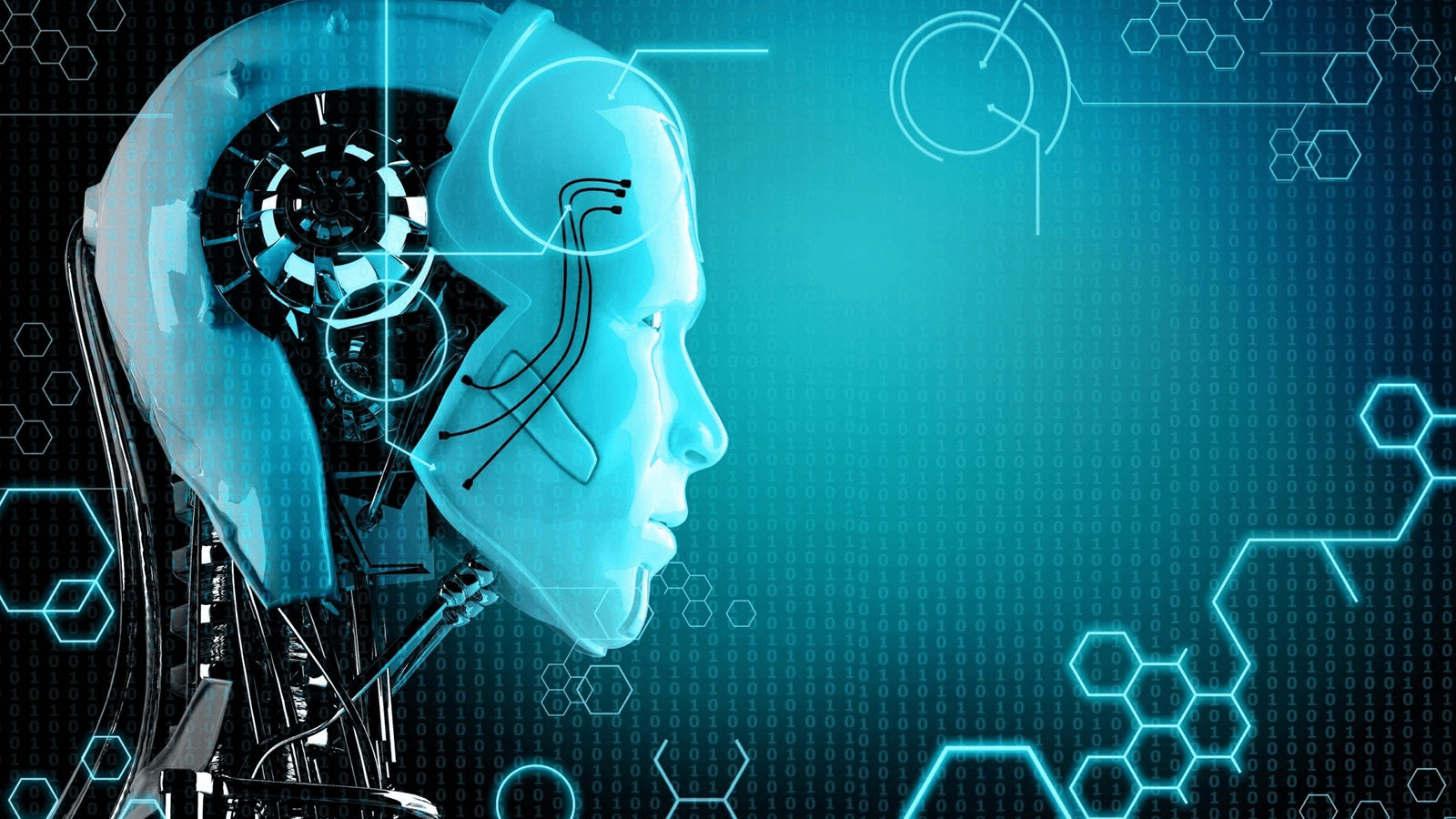 Source: bing.com
Source: bing.com7. Generative Adversarial Networks (GANs)
Generative Adversarial Networks (GANs) are an AI technology that enables machines to create new content, such as images, videos, and music. It involves the use of two neural networks, one that generates content and one that discriminates between generated and real content. GANs can be used in various industries, including entertainment, fashion, and design. With GANs, machines can create new and innovative content, leading to more creativity and productivity.
 Source: bing.com
Source: bing.com8. Edge Computing
Edge Computing is an AI technology that enables machines to process and analyze data locally, on the device itself, rather than in the cloud. It involves the use of edge devices, such as smartphones and IoT sensors, to collect and analyze data in real-time. Edge computing can improve response times, reduce bandwidth requirements, and enhance privacy and security. With edge computing, machines can operate more efficiently and autonomously.
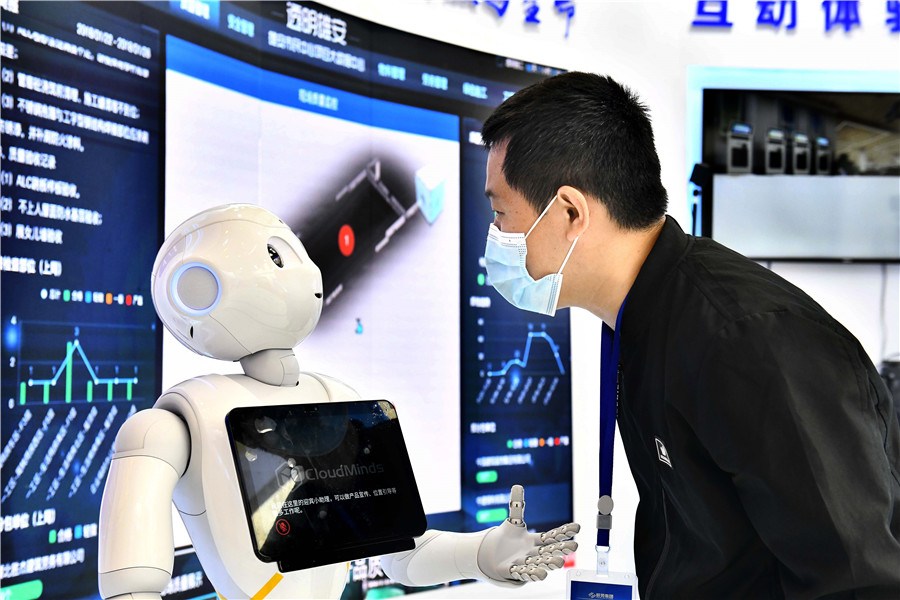 Source: bing.com
Source: bing.com9. Explainable AI (XAI)
Explainable AI (XAI) is an AI technology that enables machines to provide explanations for their decisions and actions. It involves the use of machine learning algorithms and natural language processing to explain the reasoning behind AI systems. XAI can improve transparency, accountability, and trust in AI systems, making them more accessible and understandable to humans. With XAI, machines can operate more ethically and responsibly.
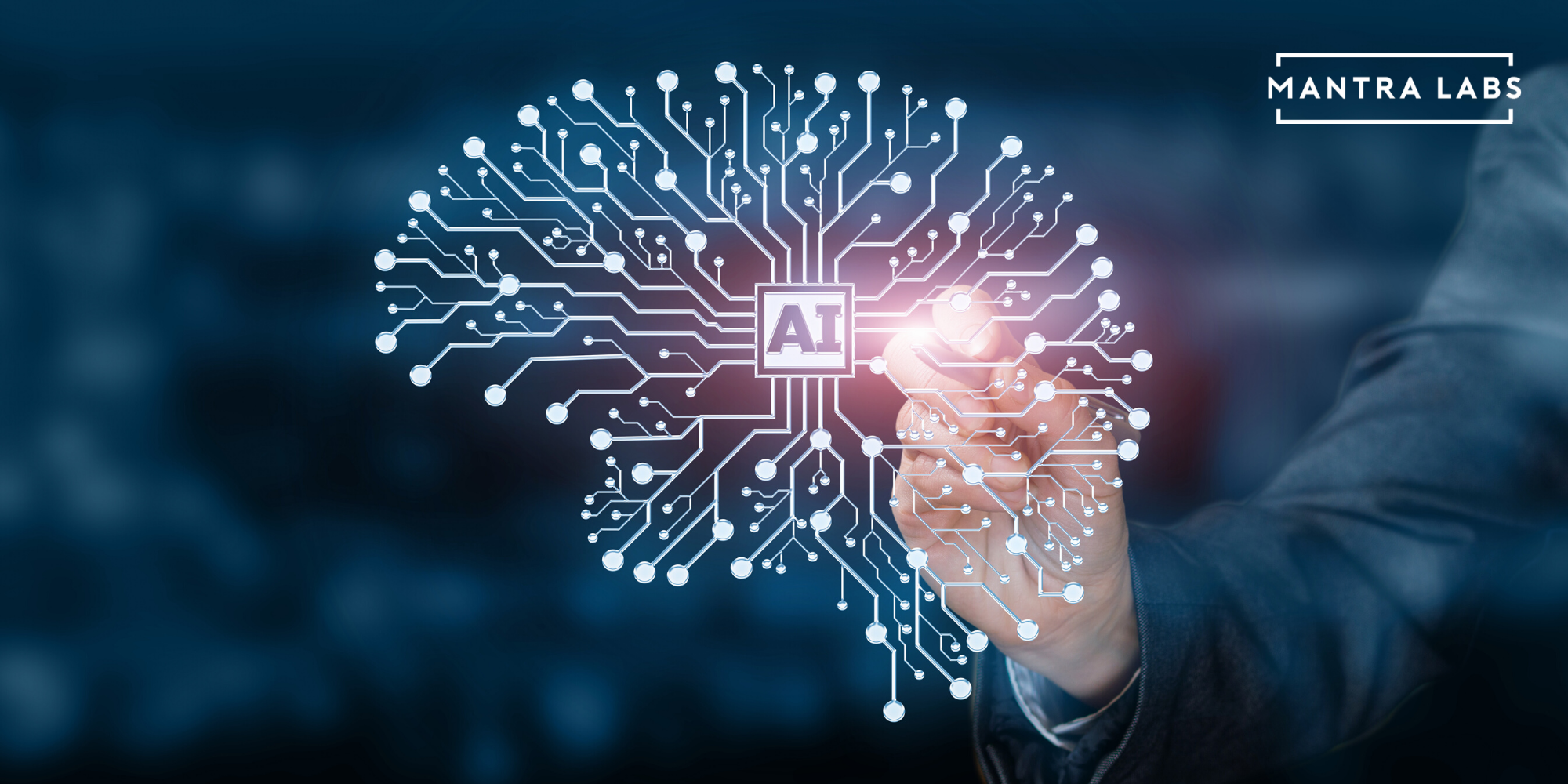 Source: bing.com
Source: bing.com10. Quantum Computing
Quantum Computing is an AI technology that uses quantum-mechanical phenomena, such as superposition and entanglement, to perform complex computations. It has the potential to revolutionize various industries, including finance, healthcare, and cryptography. Quantum computing can solve problems that are currently intractable with classical computing, leading to more efficient and effective systems. With quantum computing, machines can perform calculations that would take years for classical computers to complete.
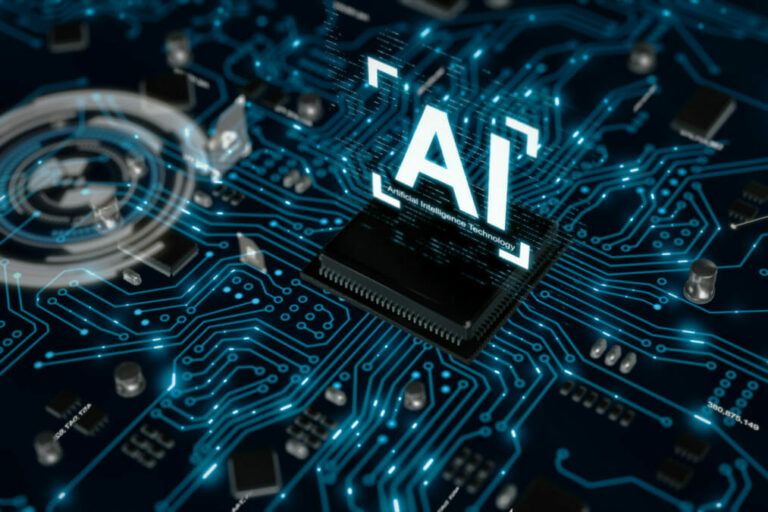 Source: bing.com
Source: bing.comIn conclusion, AI technology is rapidly advancing, and these top AI technology innovations are just the tip of the iceberg. With AI, machines can perform tasks more efficiently, accurately, and autonomously, leading to increased productivity, safety, and innovation. As AI continues to evolve, it will undoubtedly transform the world we live in.